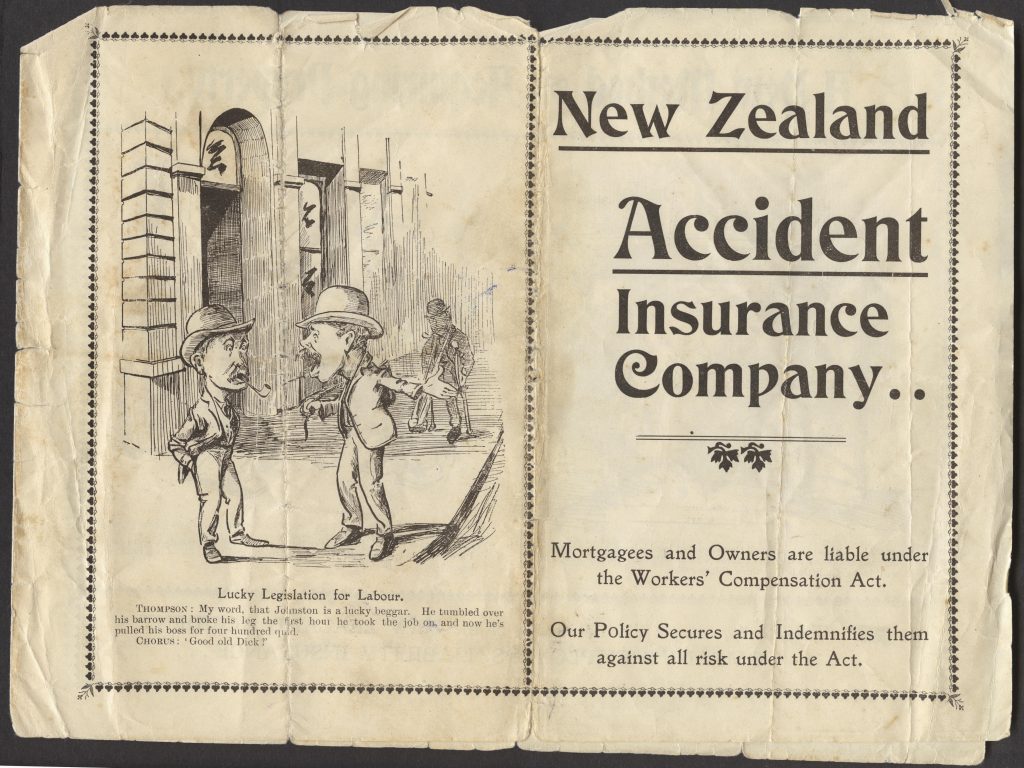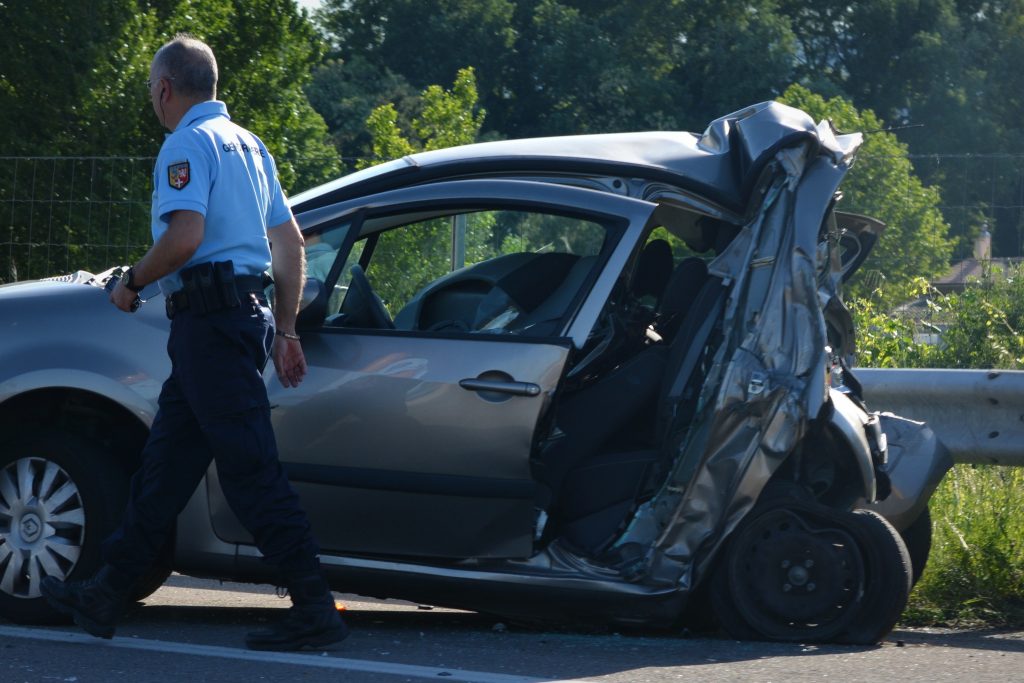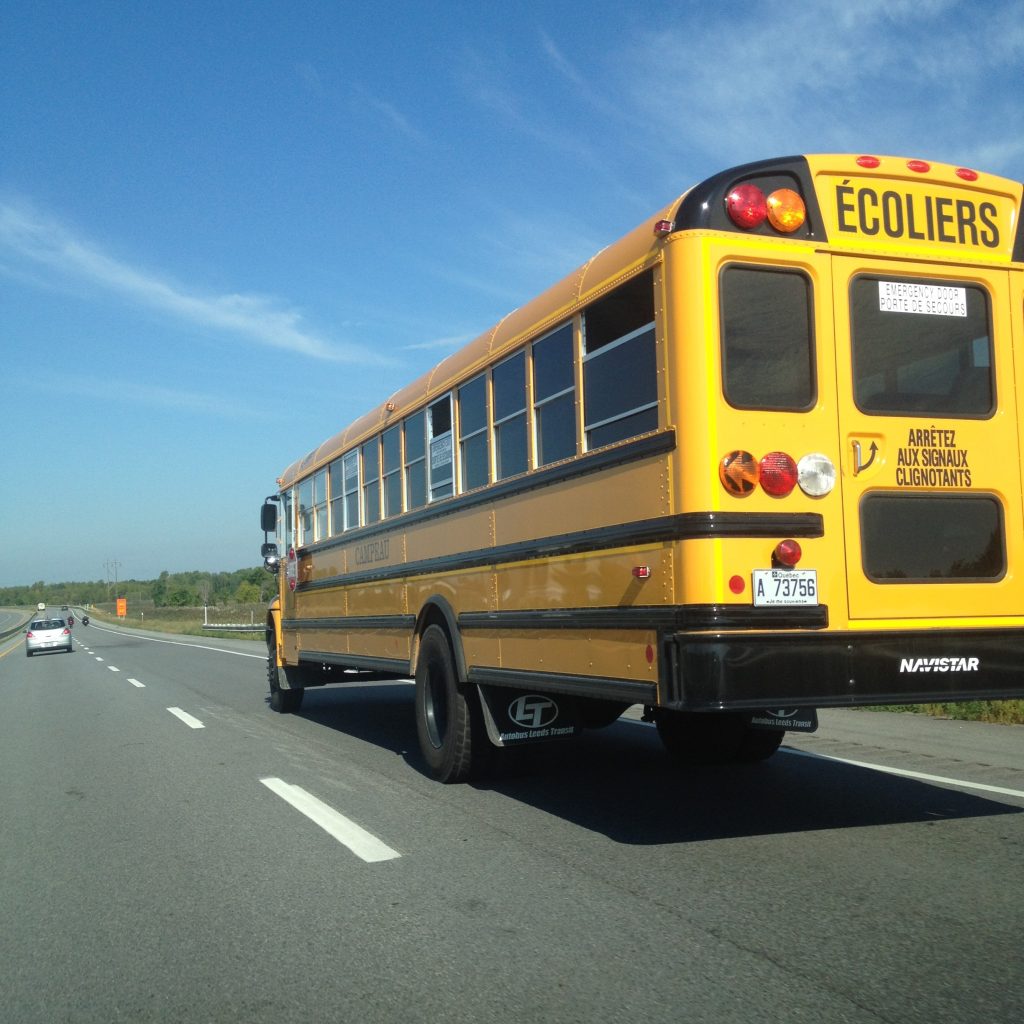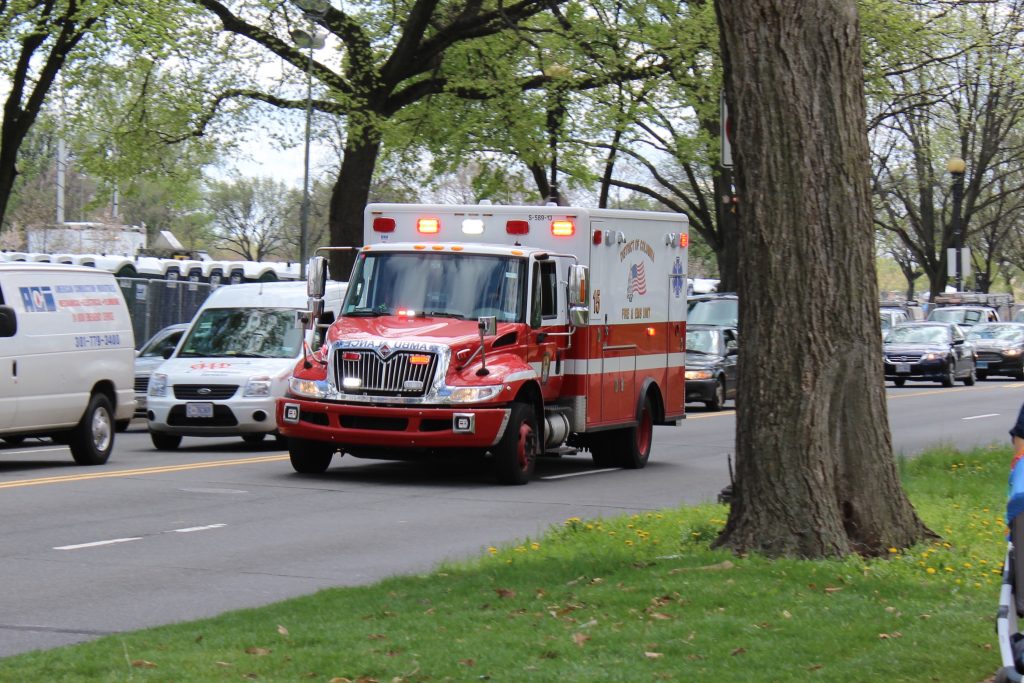 Can a trial court’s approval of a settlement agreement in a property contamination lawsuit be upheld without determining remediation requirements and the deposit of funds into the court registry? This question lies at the heart of the following case, which features an appeal of the trial court’s judgment approving a settlement agreement regarding property contamination caused by historic oil and gas operations. The appeal raises issues of statutory interpretation and whether the trial court erred in its application of the law. The resolution of this question has significant implications for the approval process of settlement agreements in similar cases governed by Act 312.
Can a trial court’s approval of a settlement agreement in a property contamination lawsuit be upheld without determining remediation requirements and the deposit of funds into the court registry? This question lies at the heart of the following case, which features an appeal of the trial court’s judgment approving a settlement agreement regarding property contamination caused by historic oil and gas operations. The appeal raises issues of statutory interpretation and whether the trial court erred in its application of the law. The resolution of this question has significant implications for the approval process of settlement agreements in similar cases governed by Act 312.
In this case, Certain Insurers appealed the trial court’s approval of a settlement agreement in a property contamination lawsuit. The insurers raised two issues for the court to decide: (1) whether the trial court erred by not determining whether remediation was required before approving the settlement, and (2) if remediation was necessary, whether the court erred by not ordering the deposit of funds into the court registry.
The litigation involved historic oil and gas operations in Jefferson Davis Parish, and the plaintiffs sued Riceland and BP for damages and remediation. Riceland, in turn, filed a third-party demand against Certain Insurers seeking coverage under applicable insurance policies. After years of litigation, the plaintiffs, BP, and Riceland reached a compromise to resolve all claims. The settlement agreement included provisions for remediation by state regulatory standards, and Riceland assigned its rights against Certain Insurers to the plaintiffs.
 Louisiana Personal Injury Lawyer Blog
Louisiana Personal Injury Lawyer Blog


 Vicarious liability in the context of work-related accidents is a complex legal issue that necessitates careful analysis of the state’s code. The case of Sarah Barber serves as a compelling example of the potential consequences when a government employee causes an accident while performing their job duties. Understanding the nuances of vicarious liability and the specific provisions governing such cases is essential to determine the employer’s liability for the actions of their employees.
Vicarious liability in the context of work-related accidents is a complex legal issue that necessitates careful analysis of the state’s code. The case of Sarah Barber serves as a compelling example of the potential consequences when a government employee causes an accident while performing their job duties. Understanding the nuances of vicarious liability and the specific provisions governing such cases is essential to determine the employer’s liability for the actions of their employees. When it comes to medical malpractice, time can be both a friend and a foe. Trusting doctors to safeguard the well-being of our loved ones makes the process of bringing a lawsuit challenging and emotionally charged. Yet, within the legal field, there exist specific time frames and procedural intricacies that can make or break a case. Once the clock runs out on a particular timeframe, a lawsuit is deemed barred, leaving individuals without recourse. In the midst of this intricate dance between justice and time, the story of Rita Foster and her family shines a light on the importance of understanding legal procedures and seeking qualified legal representation.
When it comes to medical malpractice, time can be both a friend and a foe. Trusting doctors to safeguard the well-being of our loved ones makes the process of bringing a lawsuit challenging and emotionally charged. Yet, within the legal field, there exist specific time frames and procedural intricacies that can make or break a case. Once the clock runs out on a particular timeframe, a lawsuit is deemed barred, leaving individuals without recourse. In the midst of this intricate dance between justice and time, the story of Rita Foster and her family shines a light on the importance of understanding legal procedures and seeking qualified legal representation. Being involved in a car accident is unfortunate, especially when it leaves you with long-term pain and suffering. If your injuries are a direct result of a car accident, you may be entitled to compensation from those who caused them. Rather than risk representing yourself in the legal process and walking away with little to nothing, you need to be represented by a qualified attorney who can assist in getting you the damages you deserve.
Being involved in a car accident is unfortunate, especially when it leaves you with long-term pain and suffering. If your injuries are a direct result of a car accident, you may be entitled to compensation from those who caused them. Rather than risk representing yourself in the legal process and walking away with little to nothing, you need to be represented by a qualified attorney who can assist in getting you the damages you deserve.  Amid the potential chaos and life-or-death scenarios in a hospital emergency room, “negligent credentialing” might not immediately come to mind. It’s understandable; after all, numerous nightmare scenarios occupy our thoughts. However, negligent credentialing is an incredibly significant matter that hospitals face regularly.
Amid the potential chaos and life-or-death scenarios in a hospital emergency room, “negligent credentialing” might not immediately come to mind. It’s understandable; after all, numerous nightmare scenarios occupy our thoughts. However, negligent credentialing is an incredibly significant matter that hospitals face regularly. When accidents occur on a construction site, questions of liability and responsibility arise, leaving property owners wondering about their potential legal obligations. In a compelling lawsuit from Alexandria, Louisiana, the issue of whether a homeowner can be held liable for injuries sustained by a roofer while working on their property takes center stage. The case of Robert Schram v. Ronnie Waters provides valuable insights into this perplexing matter, shedding light on the factors determining a homeowner’s liability when a roofer falls from their roof.
When accidents occur on a construction site, questions of liability and responsibility arise, leaving property owners wondering about their potential legal obligations. In a compelling lawsuit from Alexandria, Louisiana, the issue of whether a homeowner can be held liable for injuries sustained by a roofer while working on their property takes center stage. The case of Robert Schram v. Ronnie Waters provides valuable insights into this perplexing matter, shedding light on the factors determining a homeowner’s liability when a roofer falls from their roof. Getting workers’ compensation from an employer is already difficult, but it is even more so when the claim is filed in the wrong court. Although employees are entitled to workers’ compensation, the claim has to be filed in the correct jurisdiction. The following case shows what happens when you are injured while working and attempt to file a claim for workers’ compensation in a state where you were not employed.
Getting workers’ compensation from an employer is already difficult, but it is even more so when the claim is filed in the wrong court. Although employees are entitled to workers’ compensation, the claim has to be filed in the correct jurisdiction. The following case shows what happens when you are injured while working and attempt to file a claim for workers’ compensation in a state where you were not employed.  It is well known that every court order contains a physical copy declaring what the verdict of the case is, otherwise known as a final judgment. However, the order must contain what we call “decretal language.” But what in the world does that mean? The Louisiana Third Circuit Court of Appeal discusses this question and when a final judgment can be amended to contain all the necessary language crucial for the order.
It is well known that every court order contains a physical copy declaring what the verdict of the case is, otherwise known as a final judgment. However, the order must contain what we call “decretal language.” But what in the world does that mean? The Louisiana Third Circuit Court of Appeal discusses this question and when a final judgment can be amended to contain all the necessary language crucial for the order. In the face of a potentially unlawful termination from your job, navigating the legal landscape can be daunting. If you suspect that you have been fired unjustly, it is essential to understand the critical elements required to bring a lawsuit against your employer for wrongful or retaliatory discharge. A recent Lafayette Parish case highlights the essential evidence to support a retaliatory discharge claim. It highlights the importance of seeking legal guidance when faced with such a situation. By delving into the details of this case, we can uncover the necessary proof required to establish a compelling retaliatory discharge case and empower individuals to protect their rights in the workplace.
In the face of a potentially unlawful termination from your job, navigating the legal landscape can be daunting. If you suspect that you have been fired unjustly, it is essential to understand the critical elements required to bring a lawsuit against your employer for wrongful or retaliatory discharge. A recent Lafayette Parish case highlights the essential evidence to support a retaliatory discharge claim. It highlights the importance of seeking legal guidance when faced with such a situation. By delving into the details of this case, we can uncover the necessary proof required to establish a compelling retaliatory discharge case and empower individuals to protect their rights in the workplace. New Orleans is well-known for extravagant and entertaining Mardi Gras parades. What happens when an unknown tortfeasor injures someone during a parade? As the following case demonstrates, the claimant only has a certain amount of time to bring a lawsuit against the wrongful party, or they risk dismissal of the claim.
New Orleans is well-known for extravagant and entertaining Mardi Gras parades. What happens when an unknown tortfeasor injures someone during a parade? As the following case demonstrates, the claimant only has a certain amount of time to bring a lawsuit against the wrongful party, or they risk dismissal of the claim.